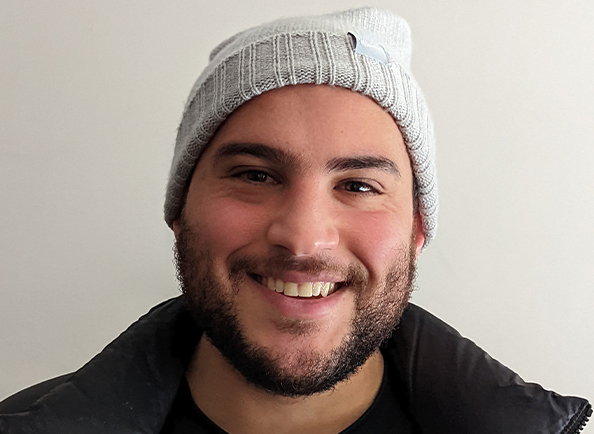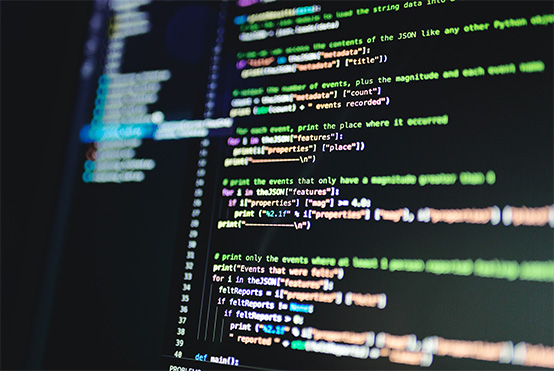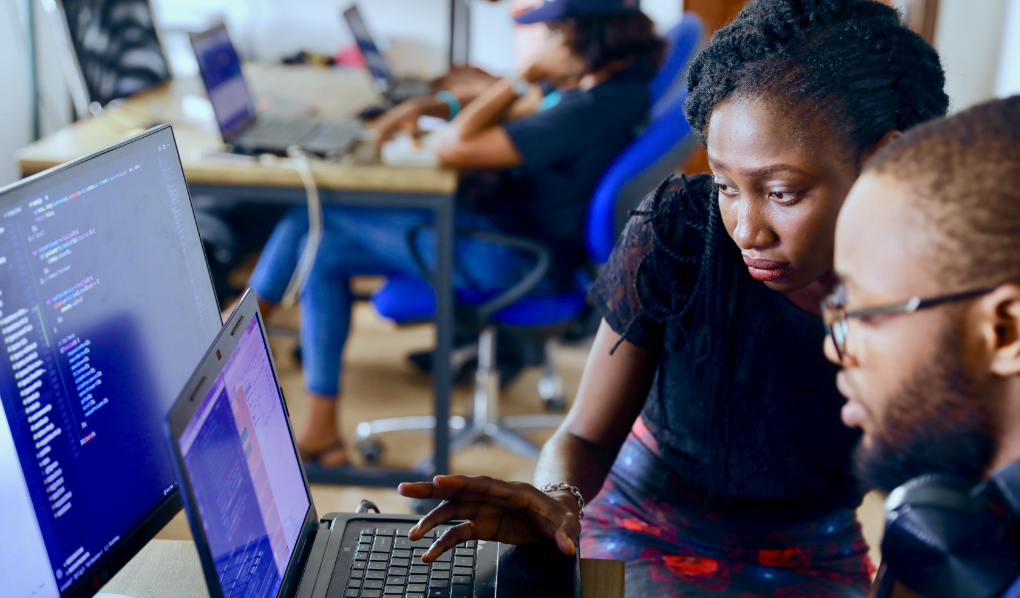- Artificial intelligence (AI) is playing an increasingly important role in the advancement of healthcare.
- AI has the potential to transform how healthcare is delivered by providing advanced tools for diagnosis, treatment planning, drug discovery and patient care.
- There are numerous career opportunities in Australia for those who possess the skills to develop and use AI in healthcare.
- Monash Online’s Graduate Certificate of Artificial Intelligence and Master of Computer Science specialising in Artificial Intelligence offers comprehensive training on this technology.
Artificial intelligence (AI) has become an integral part of our lives. It’s being used in various industries, from education to finance and from manufacturing to healthcare. In healthcare, AI has significant potential to drastically improve how we diagnose, treat and care for patients.
AI algorithms can quickly and effectively scan a vast wealth of medical data, helping to make a more accurate diagnosis far quicker than a doctor. It’s already being used in several ways in healthcare, including robotic surgery, virtual nursing assistants and AI-based diagnosis tools like IBM’s Watson.
AI has even altered the landscape of healthcare jobs – skilled workers are needed to create algorithms, interpret the data they generate and keep the technology up to date. In this article, we’ll explore the use of AI in healthcare and the career opportunities it offers in Australia.
If you’re unsure about studying online, read why more and more graduate students are choosing online study.
What is artificial intelligence in healthcare?
Artificial intelligence is, in short, ‘the science and engineering of making intelligent machines’. AI in healthcare is a subset of AI that focuses on using AI technologies, such as machine learning, natural language processing and computer vision, to help medical professionals diagnose diseases, detect anomalies and personalise treatments.
It will play a significant role in improving the quality of care, broadening access to services and reducing costs. By combining machine learning algorithms with predictive models, AI can be used to identify patterns in large datasets and provide valuable insights into diagnosis, treatment plans and preventive care.
Learn more about the difference between AI, machine learning and data science.
By leveraging advanced machine learning techniques such as deep learning algorithms, healthcare providers can gain access to better decision support tools that enable them to make more informed decisions about patient care. Additionally, by using more detailed patient information, clinicians can provide more tailored treatments that better meet their needs while also reducing costs associated with ineffective interventions.
AI is already being used in many healthcare organisations around the world, and it’s expected to revolutionise the way healthcare is provided by streamlining processes and improving patient outcomes. As technology advances and more data becomes available, the potential applications for AI in healthcare continue to increase exponentially, which means that healthcare organisations will have to adopt them to stay competitive.
With the right investments in research and development, we can expect a future where artificial intelligence will play an increasingly greater role in facilitating better health outcomes for all patients around the world.
How is artificial intelligence used in healthcare?
One of the most common applications of AI in the healthcare sector is diagnostics. There, AI is used to:
- Analyse large data sets of patient health records, so it can identify patterns in patient data that may be indicative of certain diseases or conditions.
- Analyse medical images such as CT and MRI scans or X-rays to detect anomalies.
This allows doctors to detect illnesses much earlier than would normally be possible with traditional methods.
Since this is a rapidly growing and evolving field, new applications are thought of, developed, worked on and implemented daily. Here are just some examples of how AI is used in healthcare:
- Provide actionable insights into patient trends and responses to treatments, allowing healthcare providers to make better decisions about their care and treatment plans.
- Automate administrative processes, such as scheduling and billing, freeing up healthcare professionals to focus on patient care.
- Monitor vital signs for early detection of conditions like diabetes or heart disease.
- Identify potential risks in patient care, such as drug interactions and adverse reactions.
- Provide personalised treatments based on a patient’s medical history.
- Monitor patient vital signs and alert medical professionals when a patient’s condition changes.
- Provide personalised health advice, lifestyle recommendations and prescriptions to patients.
- Help patients manage chronic conditions through using natural language processing and automated responses (similar to Alexa but focused on diabetes treatment, for example).
In addition, AI is being employed more regularly in drug discovery and development initiatives within the pharmaceutical industry. By using big data analysis algorithms, AI can rapidly identify promising drug candidates from millions of compounds that may have otherwise gone unnoticed without such an approach. This helps reduce the time frame for launching new drugs onto the market, offering faster relief for patients who are suffering from various diseases or conditions.
For even more examples and ideas on how we can use AI to help ‘reduce costs, improve wellbeing and make quality care accessible for all Australians’ you can have a look at the Artificial Intelligence Roadmap published by the Australian Government.
The healthcare market and AI
The development and adoption of AI in the healthcare industry is greater than ever before. According to a report by MarketsandMarkets, the global AI in the healthcare market is expected to reach $67.4 billion USD by 2027, growing at a compound annual growth rate of 46 per cent.
The impact of AI can also be seen in the healthcare job market. According to a report by the Australian Computer Society (ACS), ‘Australia is forecast to require an Artificial Intelligence (AI) specialist workforce of between 32,000 and 161,000 by 2030’.
This growth is being driven by the increasing demand for and adoption of AI-powered healthcare solutions like predictive analytics, image recognition technologies, natural language processing systems and robotic automation tools, as well as the increasing investment in AI research and development.
Career scope in Australia
For those looking for a career in AI and healthcare in Australia, there is a wide range of opportunities available. For instance, those with an engineering or computer science background can work as AI engineers or data scientists on medical projects. These roles involve developing algorithms that help doctors make better decisions based on input from patient’s health records and other sources of data.
Meanwhile, those with clinical backgrounds can become AI researchers or developers focused on creating innovative solutions that leverage machine learning and artificial intelligence to diagnose diseases or provide more effective treatments.
In addition to these roles, many IT professionals develop software for use by hospitals and health systems, as well as entrepreneurs who create new products using AI technology.
There is also great demand for individuals with experience in developing business strategies around implementing AI solutions into healthcare-related businesses. Finally, there are jobs available for people who specialise in public relations and communications around communicating the value of applying AI technologies within their organisations’ operations.
Start your AI career
AI is becoming increasingly important in the healthcare industry, and there are already a number of AI-related career opportunities in Australia. With the right qualifications, you can build a successful career in this field. Monash Online’s Graduate Certificate of Artificial Intelligence will equip you with the skills and experience necessary to leave your mark in the world of AI.
Learn more about studying AI online at Monash by calling a course consultant today on 1300 272 509 or arrange an online booking.




